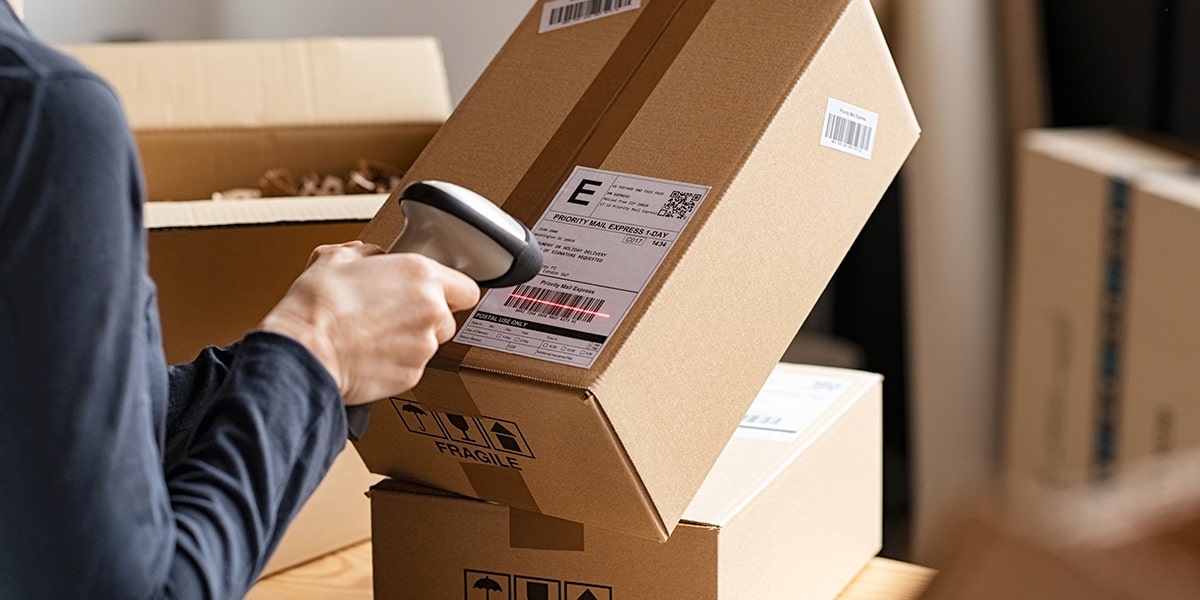Scratch Resistance Testing of Label Surfaces
In the realm of consumer products and product safety testing, ensuring that labels are durable enough to withstand environmental factors is a critical aspect of compliance with international standards. Scratch resistance testing specifically evaluates the ability of label surfaces to resist abrasive forces without compromising their integrity or readability. This service is pivotal for quality managers, compliance officers, R&D engineers, and procurement teams aiming to ensure product safety and compliance.
The scratch resistance test assesses how well a label withstands mechanical abrasion by simulating real-world conditions such as handling, storage in harsh environments, and consumer interaction. The objective of this testing is to guarantee that the label remains legible and intact throughout its lifecycle, thereby ensuring consumer safety and satisfaction.
International standards such as ISO 14025:2017 provide a framework for measuring the scratch resistance of labels. These standards outline specific methods for performing these tests using standardized apparatus. For instance, the use of abrasive wheels or brushes with specified grit sizes can simulate real-world abrasion forces. The testing process involves subjecting the label to controlled abrasive action and then evaluating the extent of any damage.
The results from scratch resistance tests are critical inputs in determining whether a product meets safety and quality standards set by regulatory bodies like the FDA, EAC, or others. Compliance with these regulations can significantly impact the marketability of products, especially those that require labeling for allergens, instructions, or other important information.
Understanding the implications of scratch resistance testing is crucial because it directly affects the longevity and reliability of labels. Labels that fail to meet scratch resistance standards may not only lead to a loss of consumer trust but also result in legal consequences due to non-compliance with safety regulations. Therefore, investing in comprehensive scratch resistance tests can save businesses from potential recalls and reputational damage.
Testing methods vary depending on the type of label material used, whether it’s paper, plastic, or composite materials. Different industries have their own unique requirements for label durability, making this a versatile service that caters to various sectors within consumer products and product safety testing.
Why It Matters
The integrity of a product’s label can significantly impact consumer trust and safety. Scratch resistance testing ensures that the information printed on or applied to labels remains legible and intact throughout its lifecycle, which is crucial for compliance with regulatory standards. For instance, in pharmaceuticals, where clear instructions are vital, any damage to the label could lead to serious health risks.
Moreover, scratch resistance testing helps prevent legal issues that can arise from non-compliance with safety regulations. Regulatory bodies like the FDA and EAC have strict guidelines for labeling requirements. Failure to meet these standards can result in product recalls and significant financial losses.
The implications of poor label durability extend beyond just compliance; they also affect brand reputation. A damaged or illegible label can lead to a loss of consumer trust, which is detrimental to the long-term success of any product. Therefore, investing in scratch resistance testing ensures not only regulatory compliance but also enhances the overall quality and safety of products.
In summary, scratch resistance testing is essential for maintaining the integrity of labels, ensuring compliance with safety regulations, and protecting brand reputation. By adhering to international standards like ISO 14025:2017, businesses can ensure that their labeling practices are robust and reliable, thus safeguarding both consumers and themselves.
Benefits
Ensures compliance with regulatory standards such as FDA and EAC guidelines.
Enhances consumer trust by maintaining the integrity of labels throughout their lifecycle.
Prevents legal issues that can arise from non-compliance with safety regulations.
Protects brand reputation by ensuring that important information remains legible and safe for consumers.
Avoids product recalls and associated financial losses.
Safeguards consumer health in critical industries like pharmaceuticals where clear labeling is paramount.
Use Cases and Application Examples
The application of scratch resistance testing spans across various industries, each with its unique requirements for label durability. In the automotive sector, labels often need to withstand extreme temperatures and rough handling during manufacturing processes. The test parameters are designed to simulate these conditions accurately.
In pharmaceuticals, where clear instructions on how to take medication are crucial, scratch resistance testing ensures that these labels remain intact even under harsh environmental conditions. This is particularly important for packaging that might be exposed to high humidity or temperature fluctuations.
The food industry also relies heavily on reliable labeling practices. Scratch resistance tests help ensure that the nutritional information and allergen warnings printed on food packaging are not compromised, thereby protecting consumers from potential health risks.
For electronics manufacturers, scratch resistance testing is essential for labels used in product warranties or assembly instructions. These labels must remain legible even after being handled multiple times during manufacturing processes. By implementing this service, businesses can ensure that their labeling practices meet the highest quality standards and comply with all relevant regulations.
In summary, scratch resistance testing plays a vital role across various industries by ensuring that labels are durable enough to withstand real-world conditions while maintaining readability. This service is indispensable for maintaining product safety and compliance, thereby safeguarding both consumers and businesses.





